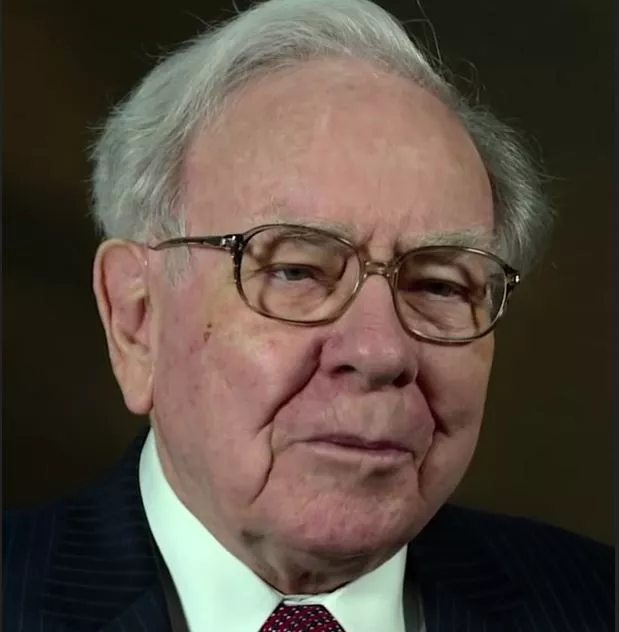Warren Buffett: The 3 Ways Investors Self-Sabotage Their Returns

Image Source: Wikipedia
In his 2004 Berkshire Hathaway Annual Letter, Warren Buffett explained how in 2004, the stock market had a rare “normal” return of around 11.2%, a rate only seen once before in 35 years. Despite strong business performance making it theoretically easy to achieve high returns, many investors experienced poor results.
The main reasons were high costs from excessive trading or expensive management, decisions based on tips rather than analysis, and poor market timing.
Buffett emphasizes that investors should minimize excitement and expenses, and adopt a contrarian approach, being cautious when others are greedy and vice versa.
Here’s an excerpt from the letter:
In one respect, 2004 was a remarkable year for the stock market, a fact buried in the maze of numbers on page 2. If you examine the 35 years since the 1960s ended, you will find that an investor’s return, including dividends, from owning the S&P has averaged 11.2% annually (well above what we expect future returns to be).
But if you look for years with returns anywhere close to that 11.2% — say, between 8% and 14% — you will find only one before 2004. In other words, last year’s “normal” return is anything but.
Over the 35 years, American business has delivered terrific results. It should therefore have been easy for investors to earn juicy returns: All they had to do was piggyback Corporate America in a diversified, low-expense way.
An index fund that they never touched would have done the job. Instead many investors have had experiences ranging from mediocre to disastrous.
There have been three primary causes:
First, high costs, usually because investors traded excessively or spent far too much on investment management
Second, portfolio decisions based on tips and fads rather than on thoughtful, quantified evaluation of businesses
Third, a start-and-stop approach to the market marked by untimely entries (after an advance has been long underway) and exits (after periods of stagnation or decline).
Investors should remember that excitement and expenses are their enemies. And if they insist on trying to time their participation in equities, they should try to be fearful when others are greedy and greedy only when others are fearful.
You can read the entire letter here: 2004 Berkshire Hathaway Annual Letter
More By This Author:
Visa Inc DCF Valuation: Is The Stock Undervalued?Stock Screener Analysis: Why Andersons Inc. Stock Is A Buy
Warren Buffett: The Hidden Costs of High Stock Market Activity
Disclosure: None.



